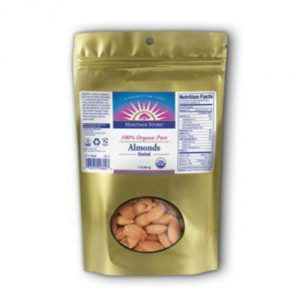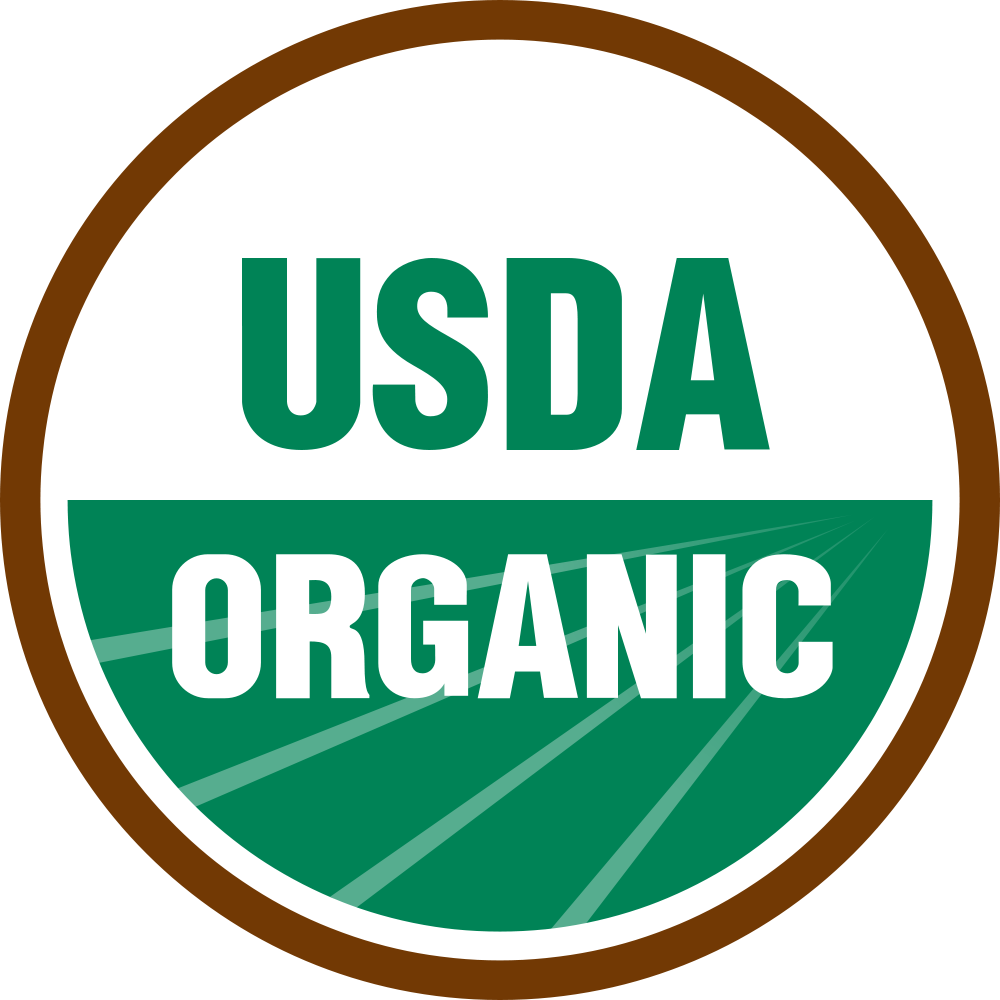Organic certification is a process of certification for organic food producers and the producers of other organic agricultural products. Any business that is directly involved in the food production process can seek certification, and this includes the suppliers of seeds and growing materials, farmers, companies that process food items, and restaurants and retailers as well.
From one country to the next you will find that the requirements for organic certified feeds vary, but there are usually production standards in place that dictate growing, storage, packaging, processing and shipping requirements.
These production standards require the avoidance of synthetic chemicals, like pesticides, food additives, fertilizers, antibiotics, organisms that are genetically modified, the use of sewage sludge and irradiation. They also require keeping detailed written records of sales and production, and the use of farmland that has been completely free of all chemical inputs for at least three or more years.
The concept of certifying organic food addresses a growing demand for organic food on a truly worldwide level. Certified organic food products exist to assure the quality of the food that we eat, while promoting commerce at the same time. In the earliest days of the organic movement, organic certification was not required but as more consumers turn toward organic food products through the more traditional channels like grocery stores and supermarkets, the need for certification has grown exponentially. In many countries the certification process is overseen by the government, which means that there are legal restrictions on using the term “organic”. Certified organic food product producers are also held to the same level of food health and safety standards as non-certified food producers.
What makes these certifications for organically produced foods such an outstanding idea is that they show consumers which food products can be trusted. Because certified organic food products are held to guidelines and standards, consumers who purchase food items that are certified organic can rest assured that they are grown right, without chemicals or additives, ensuring healthy and risk free food products. The organic movement is growing at a quick and steady pace as more consumers realize the health benefits associated with buying organic.
As more and more consumers turn toward certified organic food products to feed themselves and their families, the guidelines associated with organic certification tend to grow increasingly specific. Growing and processing food organically is not a difficult task at all for most food producers, but it does require that these companies take a long and hard look at the way that they regard the production of food, especially when it comes to growing naturally without pesticides or other chemicals and additives.
References
http://www.mensfitness.com/nutrition/what-to-eat/what-does-certified-organic-food-really-mean
Related Products



Leave a Reply